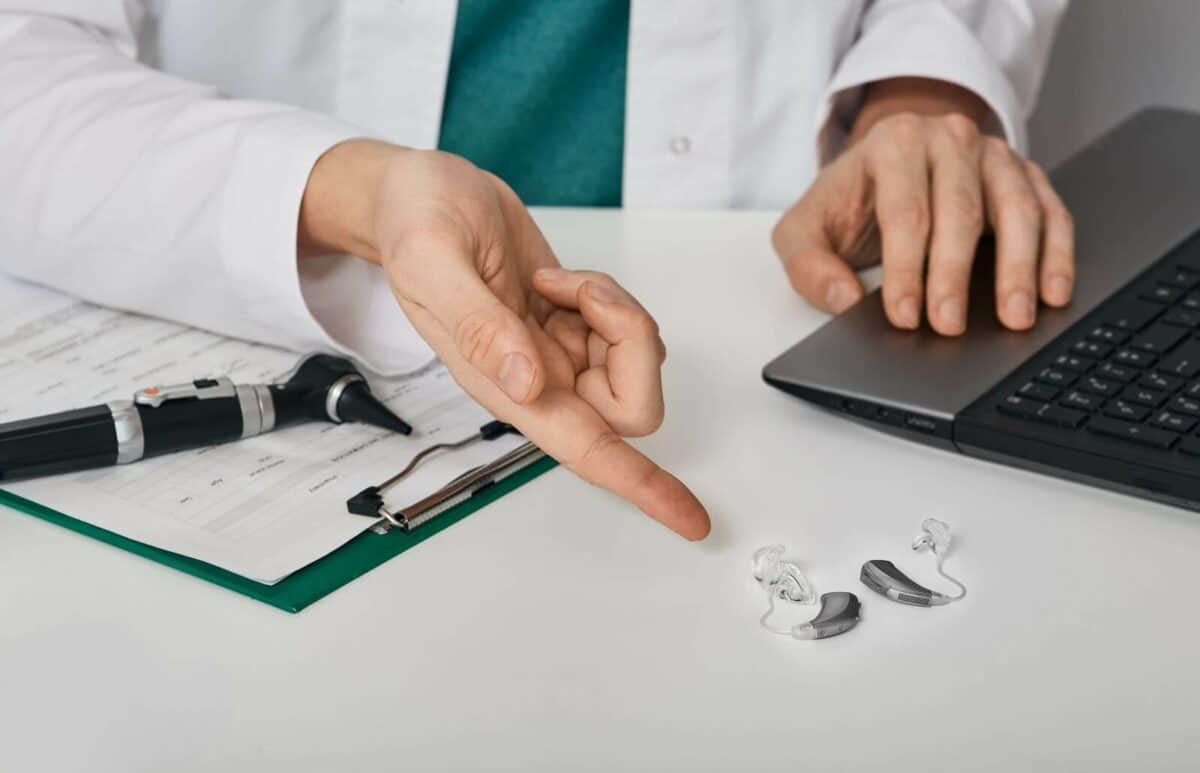Imagine a world without the constant ringing, buzzing, or hissing in your ears. A world where the sounds of nature, music, and laughter fill your days. For those living with tinnitus, this may seem like an unattainable dream. However, with the right strategies and treatments, it is possible to regain control and improve the quality of life. In this post, we’ll explore coping mechanisms, treatment options, and support networks to help you live your best life with tinnitus.
Understanding Tinnitus
Tinnitus is a perception of sound in the ears or head without any external source. It affects millions of people worldwide and can have a significant impact on daily life. There are two types of tinnitus: subjective and objective. Subjective tinnitus is the most common form and is caused by problems within the auditory system. Objective tinnitus, on the other hand, is rarer and is typically related to vascular or muscular issues.
Some common causes of tinnitus include exposure to loud noises, age-related hearing loss, earwax buildup, and certain medications. It’s essential to understand the underlying cause to find the most effective treatment and coping strategies. Tinnitus is not just an ear problem; it involves the brain too. Our brains are wired to tune out unimportant background noises. However, with tinnitus, the brain focuses on the sound, making it more difficult to ignore.
Coping Strategies
Sound therapy is an effective way to manage tinnitus. White noise machines can help mask the sound, while hearing aids with masking features can provide relief by amplifying ambient sounds. Tinnitus retraining therapy (TRT) combines sound therapy with counseling to help retrain the brain to tune out tinnitus.
In addition to sound therapy, mindfulness and relaxation techniques can be beneficial for managing tinnitus. Deep breathing exercises, progressive muscle relaxation, and guided imagery can help reduce stress and anxiety, making it easier to cope with the constant noise. Lifestyle changes, such as maintaining a healthy diet, exercising regularly, limiting caffeine and alcohol intake, and creating a sleep-friendly environment, can also significantly improve the quality of life for those with tinnitus.
Treatment Options
When it comes to medical treatments for tinnitus, addressing the underlying cause is crucial. For example, medications may be prescribed to treat infections or inflammation, while steroid injections can help in cases of sudden hearing loss. Antidepressants and anti-anxiety medications can also alleviate the psychological impact of tinnitus.
Therapeutic approaches, such as cognitive-behavioral therapy (CBT) and biofeedback therapy, can help individuals develop healthy coping mechanisms and reduce the distress associated with tinnitus. Additionally, joining tinnitus support groups can provide valuable emotional support and practical advice from others who have experienced similar challenges.
Finding the Right Support
Working with healthcare professionals is key to managing tinnitus effectively. Audiologists and other hearing professionals can help diagnose and treat the condition, while mental health professionals can provide support for the emotional aspects of living with tinnitus. Connecting with others who have tinnitus through online forums, local support groups, and social media platforms can also be incredibly beneficial.
Living with tinnitus can be challenging, but with personalized strategies and early treatment, it is possible to improve your quality of life. Remember, you don’t have to face this journey alone. The professionals at My Hearing Centers, a network of hearing practices across the United States, are here to help you navigate the world of tinnitus and find the solutions that work best for you.
Take the first step towards a better, sound-filled life by visiting one of our locations today. Our team of experienced and compassionate audiologists and hearing care professionals will work with you to create a customized treatment plan that addresses your specific needs and lifestyle. Whether it’s recommending hearing aids with masking features, guiding you through relaxation techniques, or connecting you with local support groups, we are committed to helping you regain control over your tinnitus and rediscover the joy of sound.


